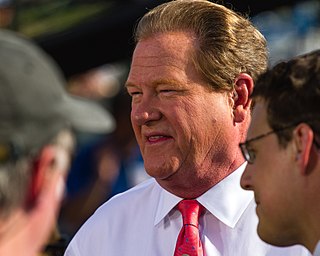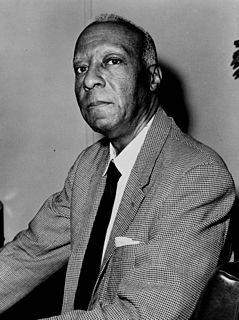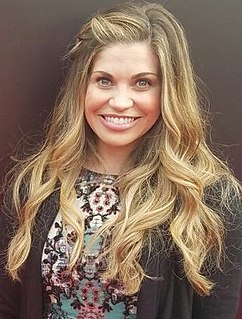A Quote by Ed Schultz
Going to an interracial high school shaped my understanding of social justice and racial inequality.
Quote Topics
Related Quotes
I want you to understand that racial justice is not about justice for those who are black or brown; racial justice is about American justice. Justice for LGBT Americans is not about gay and lesbian justice; it's about American justice. Equality for women isn't about women; it's about United States equality. You cannot enjoy justice anywhere in this country until we make sure there is justice everywhere in this country.
High school was interesting. For a lot of people, high school was just a big social experiment, and I think the value of high school was not so much learning how to be a great student... but I think it's learning how to interact with people and be social. I would say that in that endeavor, I completely failed.
I think the greatest work in social psychology from the 1950s and '60s is enormously important. I wish every high school kid could take a course in social psychology. I think we're making enormous strides in understanding the brain. These aren't yet giving us great insights, but I feel like we're on the verge of it. In five or ten years this basically searching the brain is really going to change things.
Hardly any aspect of my life, from where I had lived to my education to my employment history to my friendships, had been free from the taint of racial inequity, from racism, from whiteness. My racial identity had shaped me from the womb forward. I had not been in control of my own narrative. It wasn’t just race that was a social construct. So was I.


































